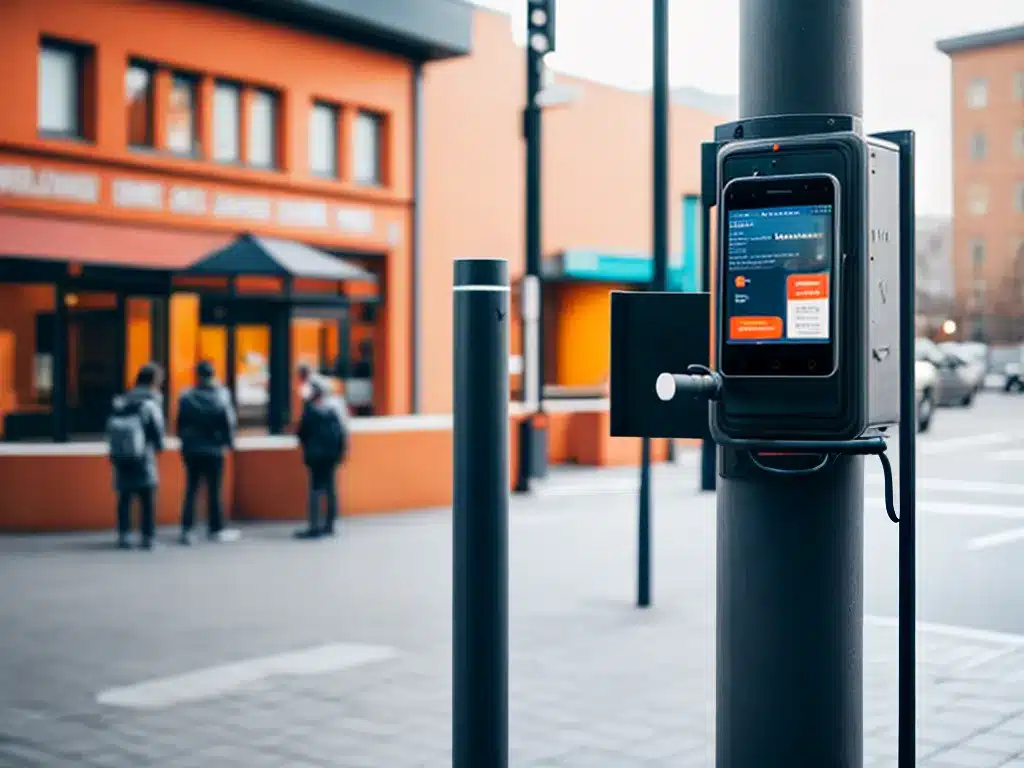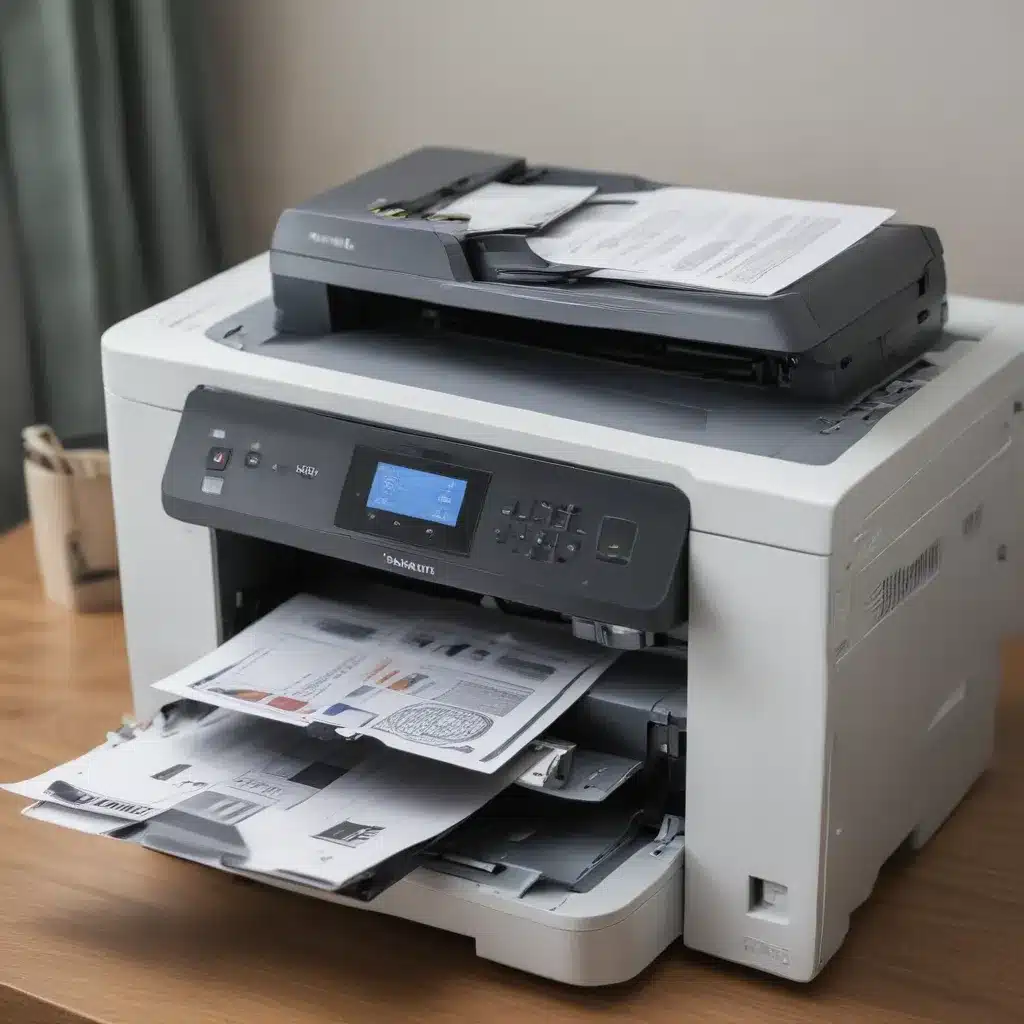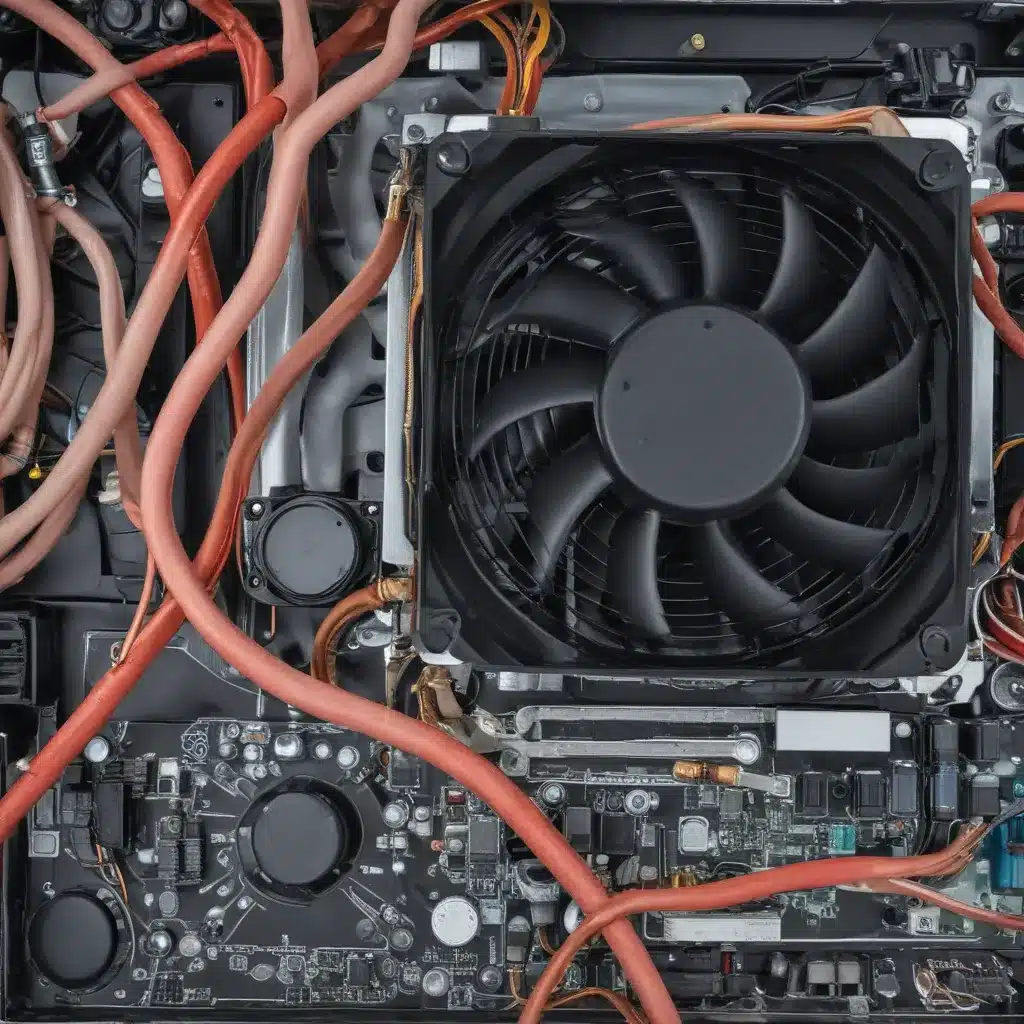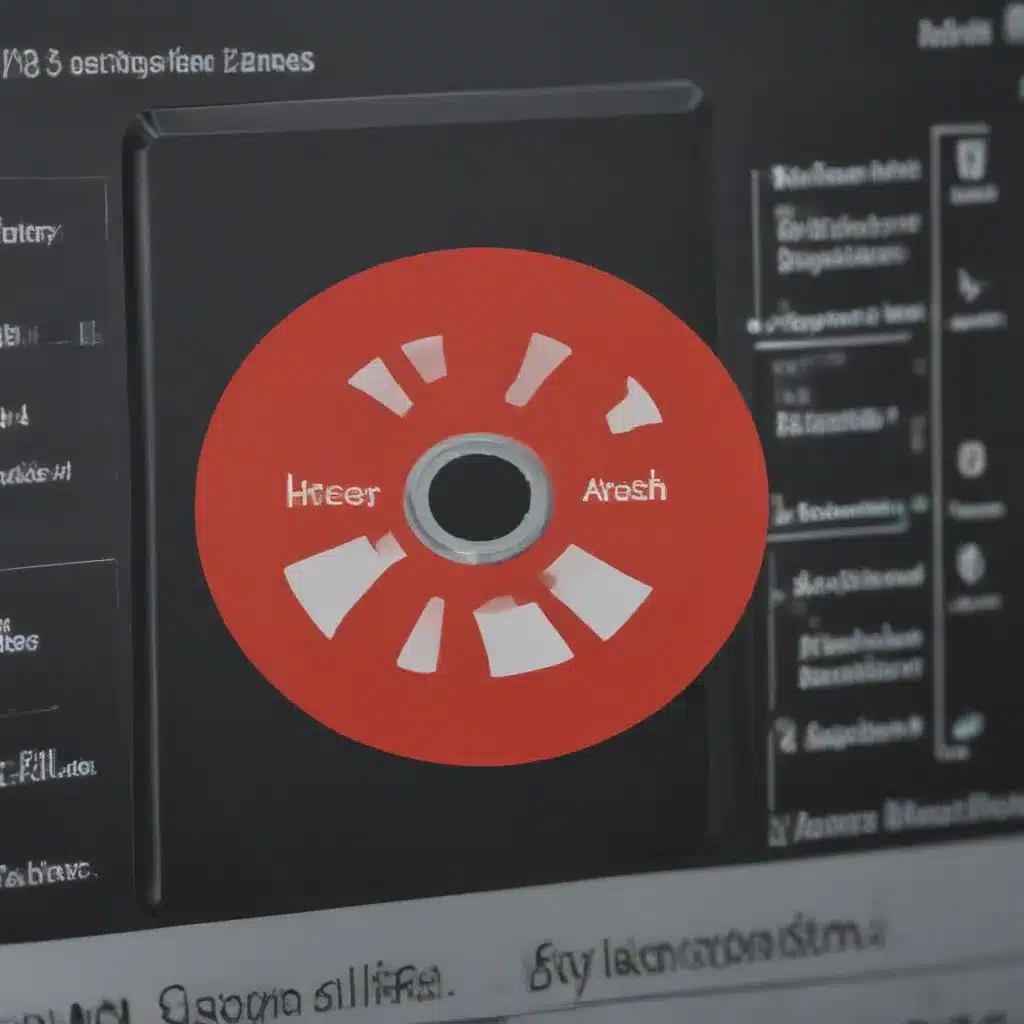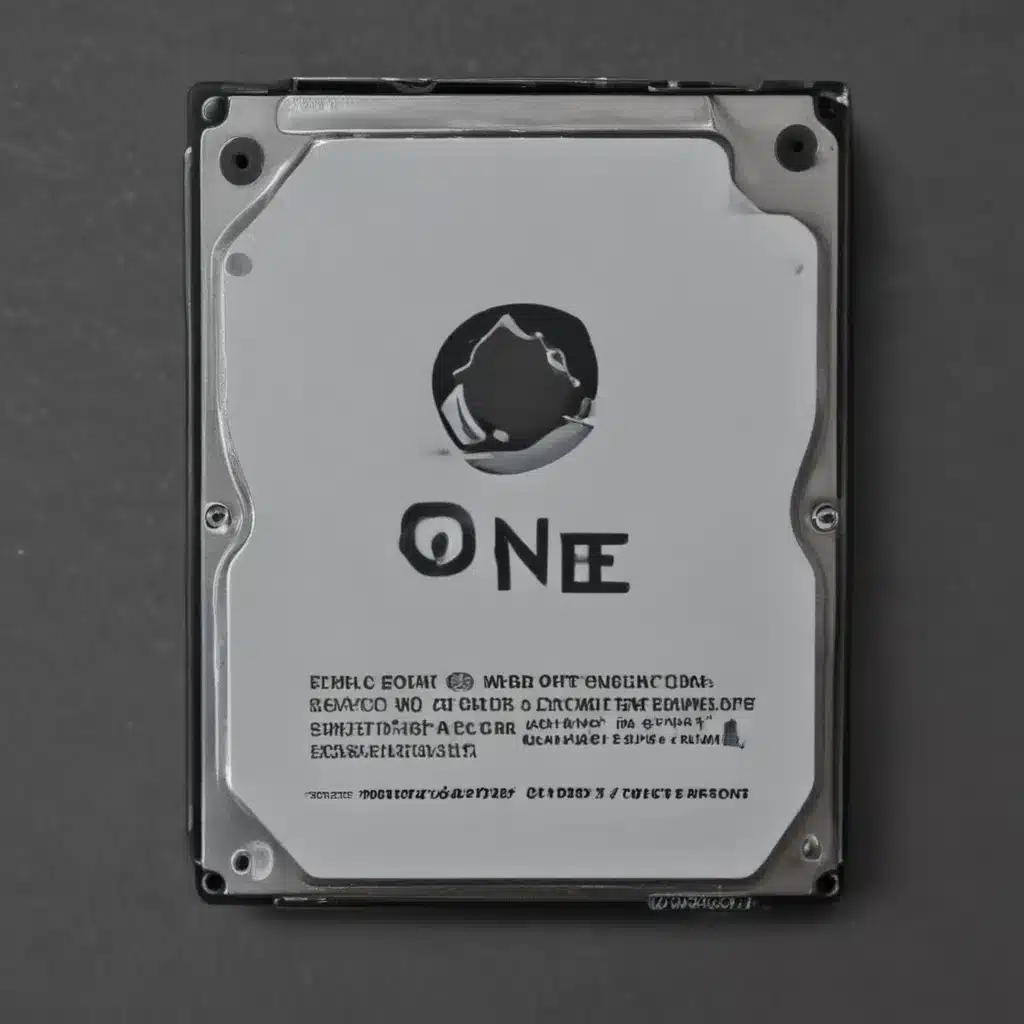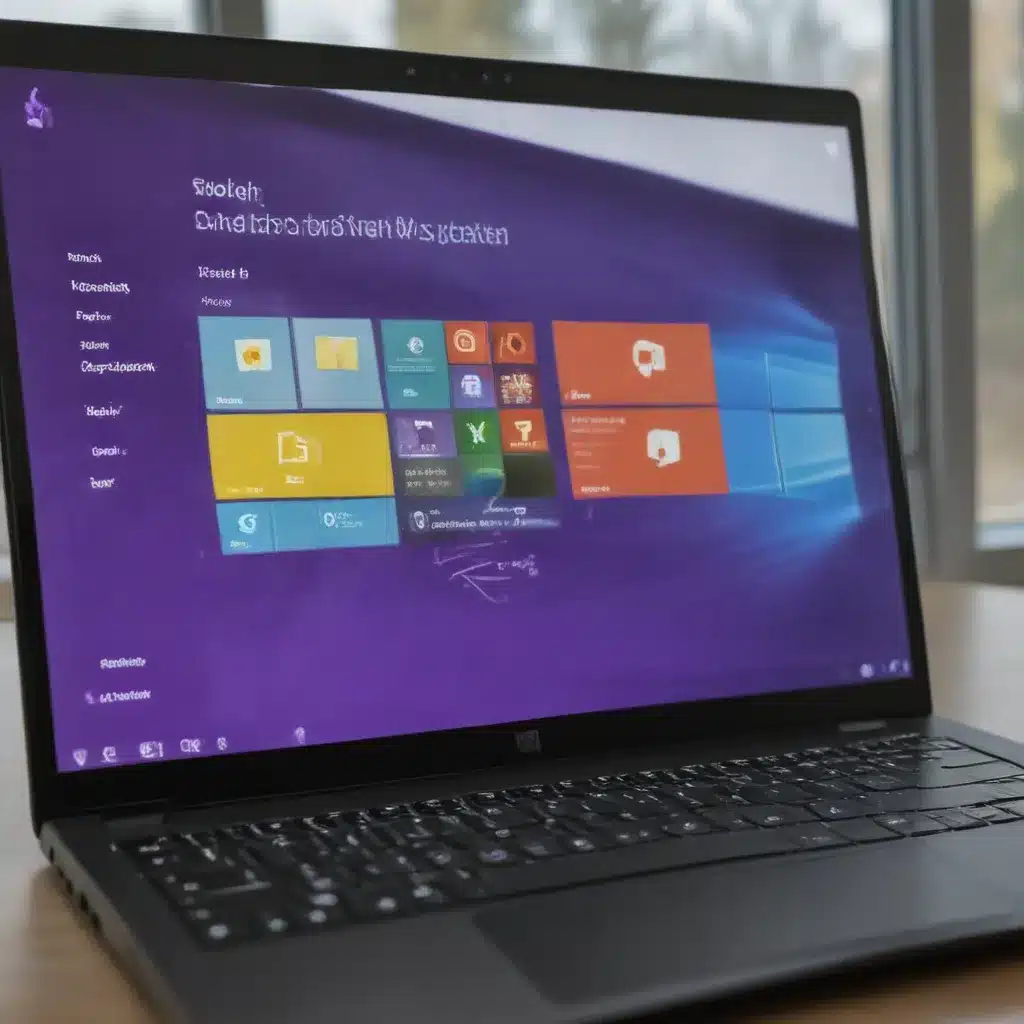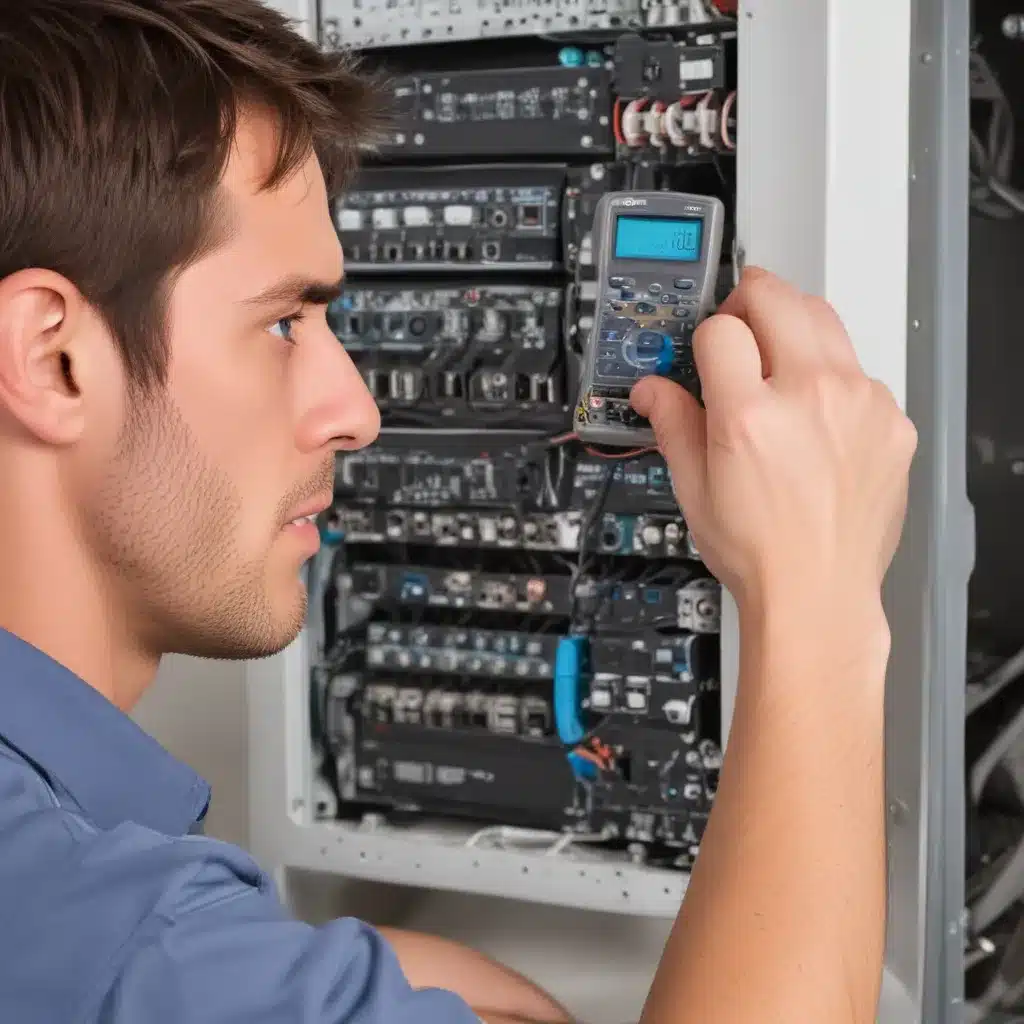How to Connect to Public Wifi Safely
Connecting to public wifi networks can be convenient, but also risky if you don’t take the right precautions. Here is an in-depth guide on how to use public wifi safely.
Assess the Risks
Using public wifi exposes your device and data to various threats. Here are some of the main risks:
-
Eavesdropping: Hackers can easily monitor unencrypted traffic on public networks and steal your data like passwords, bank details etc.
-
Man-in-the-Middle Attacks: Hackers can position themselves between your device and the router to intercept your data.
-
Evil Twin Hotspots: Fraudulent hotspots impersonate legitimate ones to trick users and hack their devices.
-
Malware: Connecting to public networks increases chances of malware infection through phishing sites.
Follow General Precautions
To minimize risks, I take certain general precautions when using public wifi:
-
Avoid sensitive activities like online banking, shopping, entering passwords. Only use public wifi for basic browsing.
-
Turn off sharing settings like file sharing, printer sharing, to prevent access to my device.
-
Use a VPN to encrypt my traffic and mask my IP address.
-
Verify the network name to avoid fake evil twin hotspots.
-
Disable auto-connect so my device doesn’t connect to public networks without my knowledge.
-
Use HTTPS sites whenever possible to encrypt connections.
-
Don’t stay permanently signed in to accounts to prevent unauthorized access.
Use a VPN for Added Security
A Virtual Private Network (VPN) is essential for secure public wifi access. Here’s how a VPN helps:
-
Encrypts all traffic between my device and the VPN server, preventing spying or tampering.
-
Masks my IP address and physical location, providing anonymity.
-
Blocks ads and protects from malware and phishing sites.
-
Provides access to blocked content and websites.
I always connect to a paid VPN service like NordVPN or ExpressVPN before joining any public network. Free VPNs are not reliable and may log your activity.
Access Public Wifi Anonymously
I take further steps to maximize anonymity on public networks:
-
Use a secondary device like a spare phone or laptop only for public wifi access.
-
Create anonymous accounts for necessary services like temporary email or browser.
-
Use cash to purchase prepaid SIM cards for internet access if required.
-
Disable location services and Bluetooth when not required.
-
Change MAC address using software to spoof my device identity.
-
Sit in a covered location when accessing public hotspots.
Be Cautious of Shoulder Surfing
Apart from digital risks, I also watch out for physical shoulder surfing in public places:
-
Be aware of people around you trying to peek at your screen or devices.
-
Use privacy filters or sit in a way to block your screen from unwanted eyes.
-
Avoid accessing sensitive accounts like email or banking when surrounded by strangers.
-
Adjust screen brightness to minimum required levels.
-
Clear your browser history after using public wifi to remove traces.
Don’t Fall for Phishing Attempts
Public wifi increases the risks of phishing attempts through:
-
Evil twin networks with similar names to legitimate networks. Always verify the name before connecting.
-
Phishing websites disguised as login pages for email, social media, banks etc. Check the URL before entering any info.
-
Popups or messages with urgent calls to action or warnings. Don’t click on unverified links or attachments. Verify independently.
-
Unsecured login pages. Only enter credentials on HTTPS sites.
Use Strong Passwords
To prevent credential theft, I use extremely strong unique passwords:
-
20+ characters with upper and lower case letters, numbers and symbols.
-
Unique for each account. I never reuse the same password across multiple accounts.
-
Password manager to generate and store passwords securely.
-
Two factor authentication (2FA) for important accounts.
-
Change passwords periodically, especially after using on public networks.
Be Selective in Usage
I avoid certain high-risk activities altogether on public wifi.
✖️ Online transactions like banking, shopping, investing.
✖️ Accessing corporate networks with a VPN.
✖️ Logging in to email accounts.
✖️ Downloading software or files from unverified sites.
I only use public hotspots for basic activities like looking up information, messaging, voice calls, maps etc. For everything else, I stick to private wifi networks that I trust.
Verify Network Security
Before transmitting any sensitive data, I ensure the public wifi network offers adequate security:
-
Encrypted connection – I verify sites use HTTPS encryption.
-
Firewall protection – Public gateways should have proper firewalls.
-
Latest network standards – At minimum WPA2 encryption and 802.1X authentication. Open or WEP networks are risky.
-
Logged in portal – I enter legit credentials in walled garden portals to get internet access, not bypass them.
-
Trusted organization – More assurance if network belongs to known, reputable entity.
Avoid Public Computers
Apart from personal devices, I avoid using public computers in cafes, hotels or libraries for any confidential access like:
-
Browsers may have malicious extensions or keyloggers to track info.
-
Previous users may access cached browsing history, downloads, bookmarks.
-
Hard to verify security and anonymity.
I only use my thoroughly secured personal devices on any public networks. Shared computers are best avoided for anything important.
Be Vigilant on Checkout Pages
Public wifi poses special risks on payment and checkout pages. I take these precautions:
-
Verify HTTPS on shopping sites before payments to prevent MITM attacks.
-
Avoid saving payment info like credit cards for faster checkout. Re-enter details each time.
-
Use 1-click checkout options only on trusted devices. Never on unfamiliar public computers.
-
Check for any unknown extensions in browser that may steal payment data.
-
Clear browsing history after ordering to remove transaction details.
-
Check bank statements regularly for any unauthorized charges indicating theft.
Secure Mobile Devices
Mobile devices like smartphones face heightened risks on public wifi:
-
Enable strong lockscreen passwords to block physical access if stolen.
-
Install reputed mobile antivirus software to detect malware.
-
Always verify app permissions and avoid unnecessary high-risk permissions.
-
Disable auto-connect to random nearby hotspots. Manually select trusted networks.
-
Turn off Bluetooth / WiFi / Hotspot when not actively using them.
-
Encrypt local storage and backup data regularly in case devices get lost/stolen.
-
Jailbroken/rooted devices are more vulnerable to attacks. Avoid if possible.
educating kids about public wifi safety
As a parent, I ensure my kids follow these best practices around public wifi:
-
Explain the concept of strangers/danger and risks of open networks.
-
Set device restrictions through parental controls like disabling installs.
-
Turn on kid-safe settings in browsers and app stores. Monitor browsing history.
-
Enable location sharing so I know their whereabouts when outside.
-
Ensure no unauthorized chats with strangers over public wifi.
-
No online sharing of pictures, personal information, location etc.
-
Verify all downloads and games they install. Set app permission limits.
-
Kids should avoid logging into non-kid accounts like my social media or email.
-
Teach them to inform me immediately if they encounter anything dubious online.
Through continuous education and monitoring, I try to ensure kids don’t indulge in high-risk behavior on public networks.
Conclusion
Public wifi networks undoubtedly pose major security and privacy risks. However, with sufficient precautions like using a trusted VPN, avoiding sensitive transactions, being vigilant against phishing attempts, and following best practices for passwords and mobile devices, the risks can be minimized to an acceptable level. The benefits of extra connectivity at public places can still be safely enjoyed if users make an informed decision to stay cyber secure.

